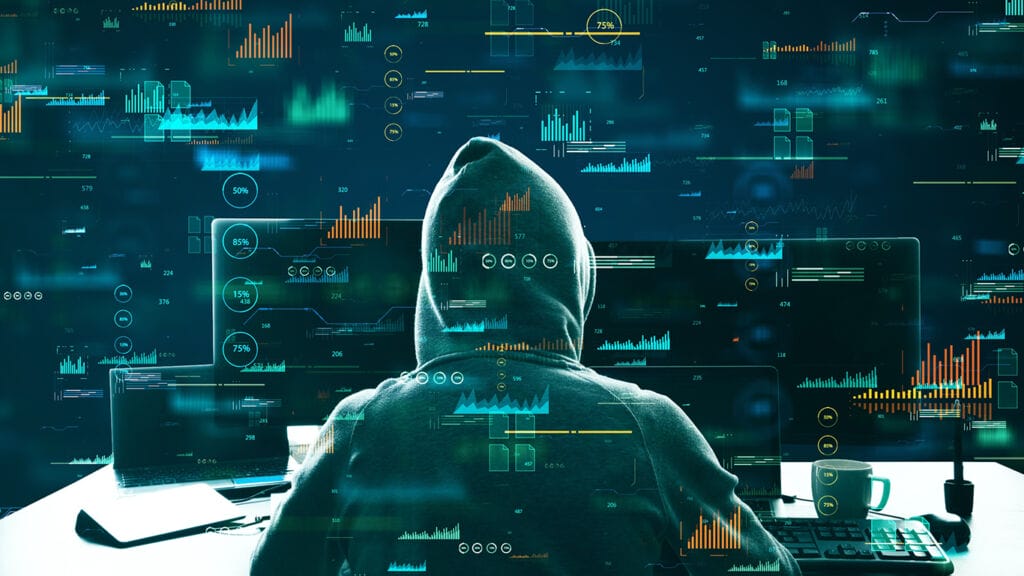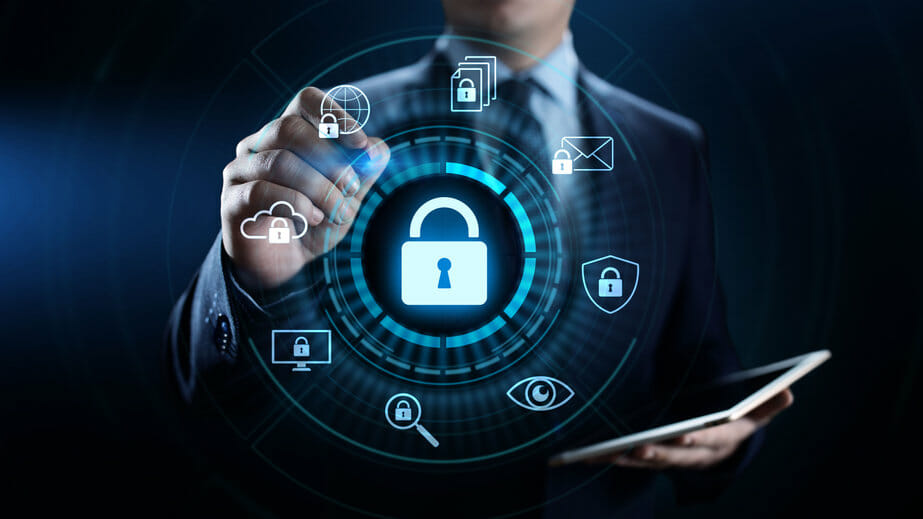The shift to remote work has dramatically changed the landscape for businesses. Ensuring the safety of sensitive data is now more crucial than ever. Employees are no longer confined to secure office spaces, making digital protection a top priority. Companies must adapt their cybersecurity strategies to meet the needs of a remote workforce.
This requires an agile approach, one that can handle the complexities of various networks and devices. Forward-thinking organizations are leading the way, strengthening their defenses against cyber threats. They aim to protect the integrity and privacy of their operations.

The rise of remote work has brought new challenges, but also opportunities. Businesses must embrace robust digital protection practices to navigate this landscape. They need to implement innovative solutions to stay ahead of digital threats.
By doing so, companies can support their distributed teams in creating a secure work environment. This environment should be productive, regardless of location or time. The goal is to ensure that businesses can thrive in this new era of remote work.
Understanding the Cybersecurity Risks of Remote Work
The shift to remote work has dramatically altered the cybersecurity landscape, intensifying cybersecurity challenges and exposing new remote work vulnerabilities. As organizations strive for protecting corporate data, understanding the specific risks involved becomes crucial.
The Rise of Cyber Threats in a Remote Environment
In an era where remote work is becoming the norm, the frequency and sophistication of cyber threats have escalated. Cyber attackers capitalize on the increased use of potentially unsecured personal devices and home networks. They craft targeted phishing scams and ransomware attacks that compromise sensitive information.

Vulnerabilities Exposed by Remote Work Practices
The convenience of working from anywhere also brings significant security concerns. Many remote workers use personal devices for professional tasks, often lacking the advanced security measures of office-based hardware. This scenario opens the door to security breaches that can exploit weaknesses in network security and data protection protocols.
The Impact of Weak Security on Business Operations
Without robust cybersecurity measures, businesses face severe repercussions. A single breach can disrupt operations, erode customer trust, and lead to substantial financial losses. Maintaining strong security practices is not just about protecting data but is also critical to safeguarding the overall health and continuity of business.
LOCAL NEWS: 100 best places to work and live in Arizona for 2025
INDUSTRY INSIGHTS: Want more news like this? Get our free newsletter here
Implementing Robust Security Policies for Remote Teams
In the ever-evolving landscape of remote work, adapting robust security policies is crucial. It’s essential for maintaining a fortified defense against cyber threats. This segment explores effective strategies for safeguarding digital perimeters while supporting distributed teams.
Creating Comprehensive Remote Work Security Guidelines
Developing clear and comprehensive guidelines is the first step toward effective security policy development for remote teams. These guidelines should define acceptable uses of company resources, outline responsibilities, and establish protocols for secure communication. It’s vital to consider potential vulnerabilities in remote work scenarios and tailor policies to address these risks directly.
The Importance of Regular Cybersecurity Training
Cybersecurity training is not a one-time event but a continuous strategy. Regular training sessions ensure that team members stay updated on the latest security threats and prevention best practices. Investing in continuous cybersecurity training builds a culture of security awareness across the organization. It empowers employees to recognize and respond to security threats promptly.
Enhancing Data Protection through Multi-Factor Authentication
To bolster data protection strategies, implementing multi-factor authentication (MFA) adds an extra layer of security. It minimizes the likelihood of unauthorized access. MFA should be a standard practice in remotely accessed systems. This significantly reduces the risk of data breaches and maintains trust in the organization’s security measures.
FreeVPNmentor: An Essential Tool for Remote Work Cybersecurity
In today’s world, where remote work is common, protecting sensitive data is crucial. FreeVPNmentor is a key resource, offering guidance on the best free VPNs for businesses. These VPNs are chosen for their strong security and ease of integration into IT systems.
Choosing a VPN can be overwhelming with so many options. FreeVPNmentor makes this easier by focusing on VPNs that perform well and reliably. These VPNs offer encrypted connections and secure access to networks, essential for preventing data breaches and cyber attacks.

The best free VPNs are also easy to use and set up, even for those without technical expertise. This makes them accessible to teams across the board. As cyber threats evolve, using FreeVPNmentor helps businesses stay ahead in securing their digital borders. This proactive approach to cybersecurity is not just advisable; it’s essential for the survival and growth of modern enterprises.
Conclusion
The shift to remote work brings numerous benefits but also raises cybersecurity risks. We’ve highlighted the vulnerabilities exposed by remote work and the severe impact on business operations. The need for Cybersecurity best practices in today’s dynamic digital world is critical.
FreeVPNmentor stands out as a key resource for businesses, offering access to top-rated free VPNs. It plays a crucial role in protecting remote workers from cyber threats. Implementing strong security measures is essential for a robust cyber defense strategy.
In today’s remote work era, business leaders must prioritize cybersecurity. They should invest in training, adopt comprehensive security policies, and use essential tools like VPNs. Creating a secure digital workspace is not just a suggestion—it’s a necessity for protecting businesses from constant cyber threats.




